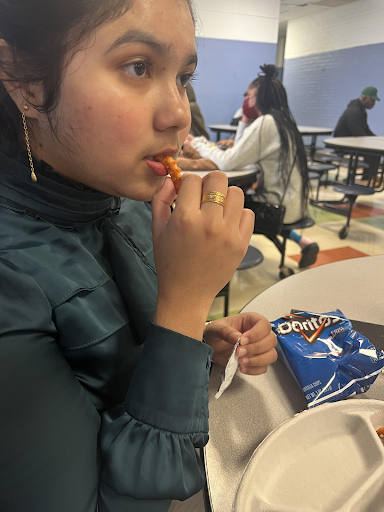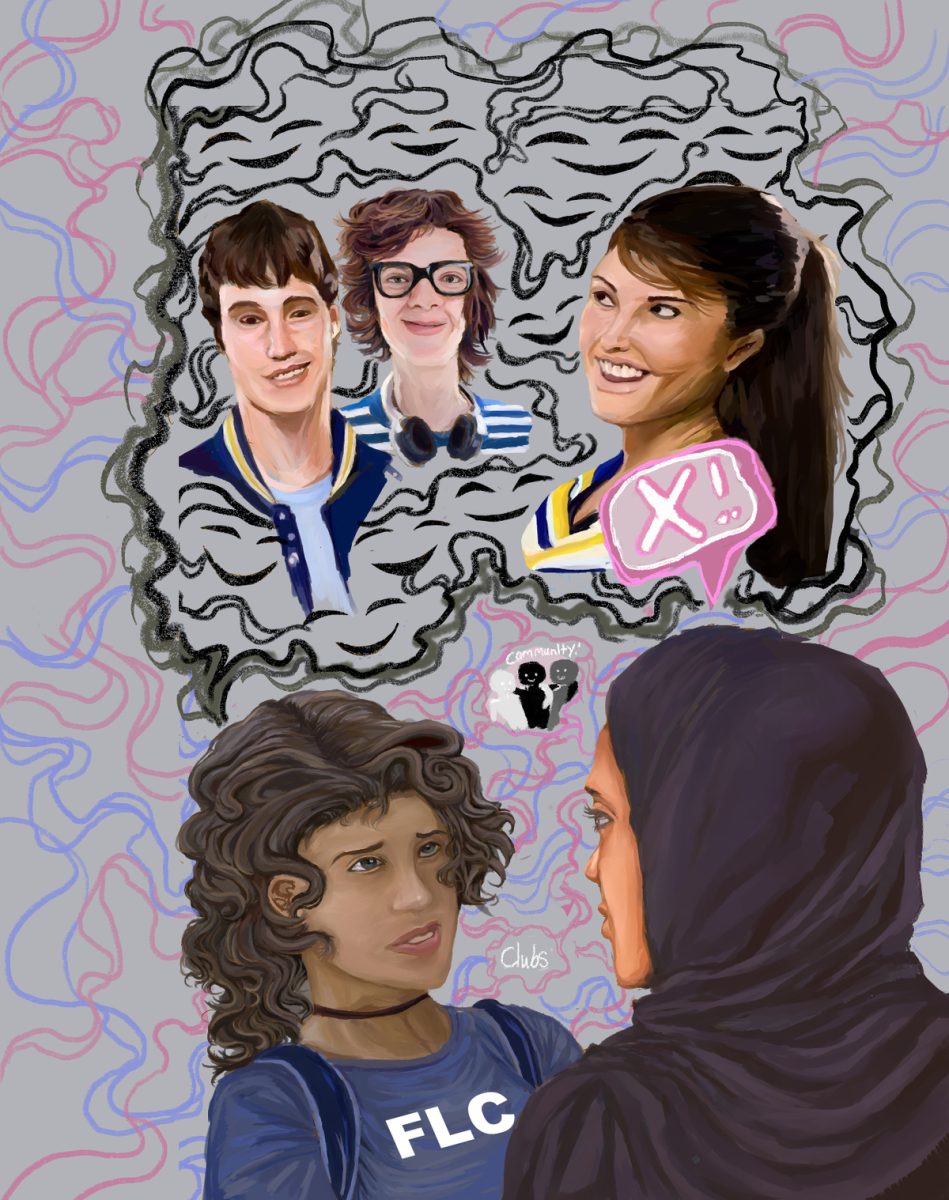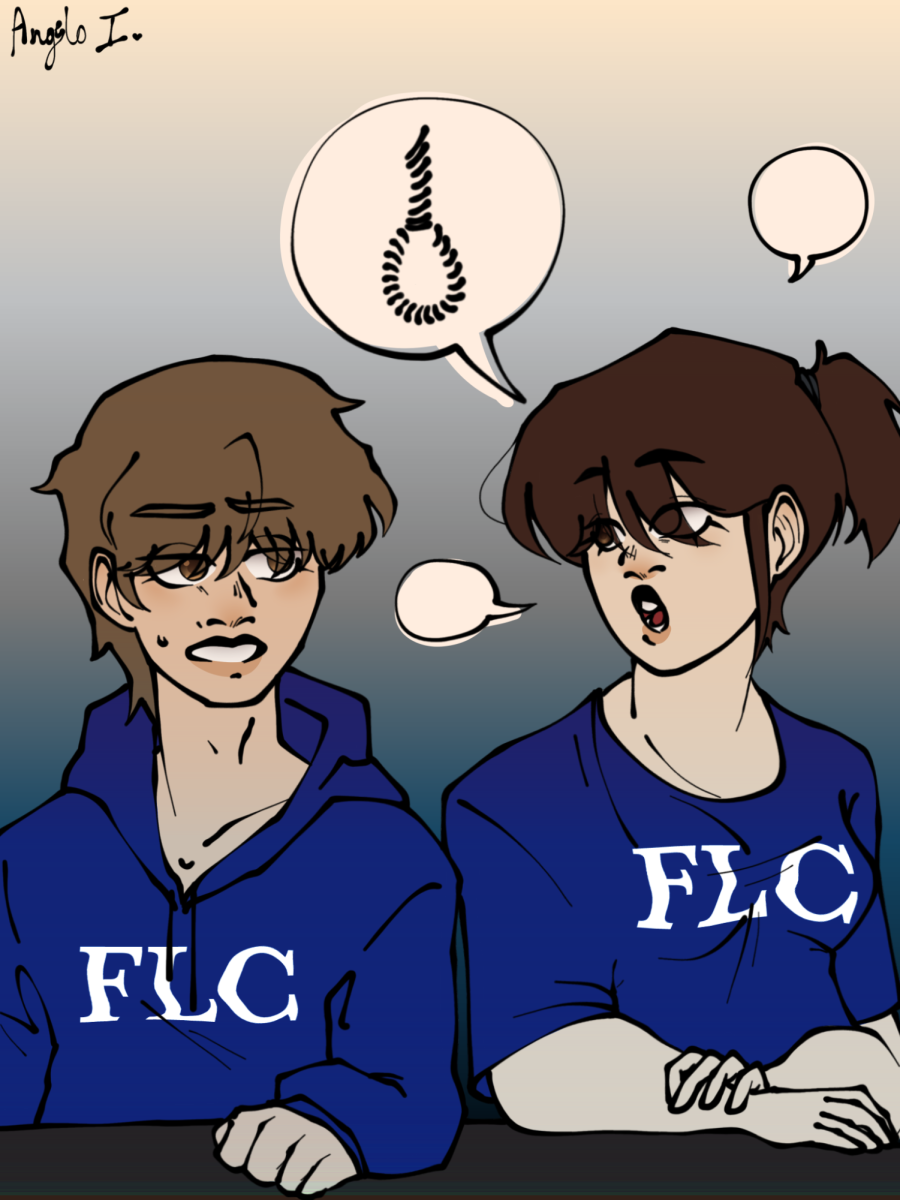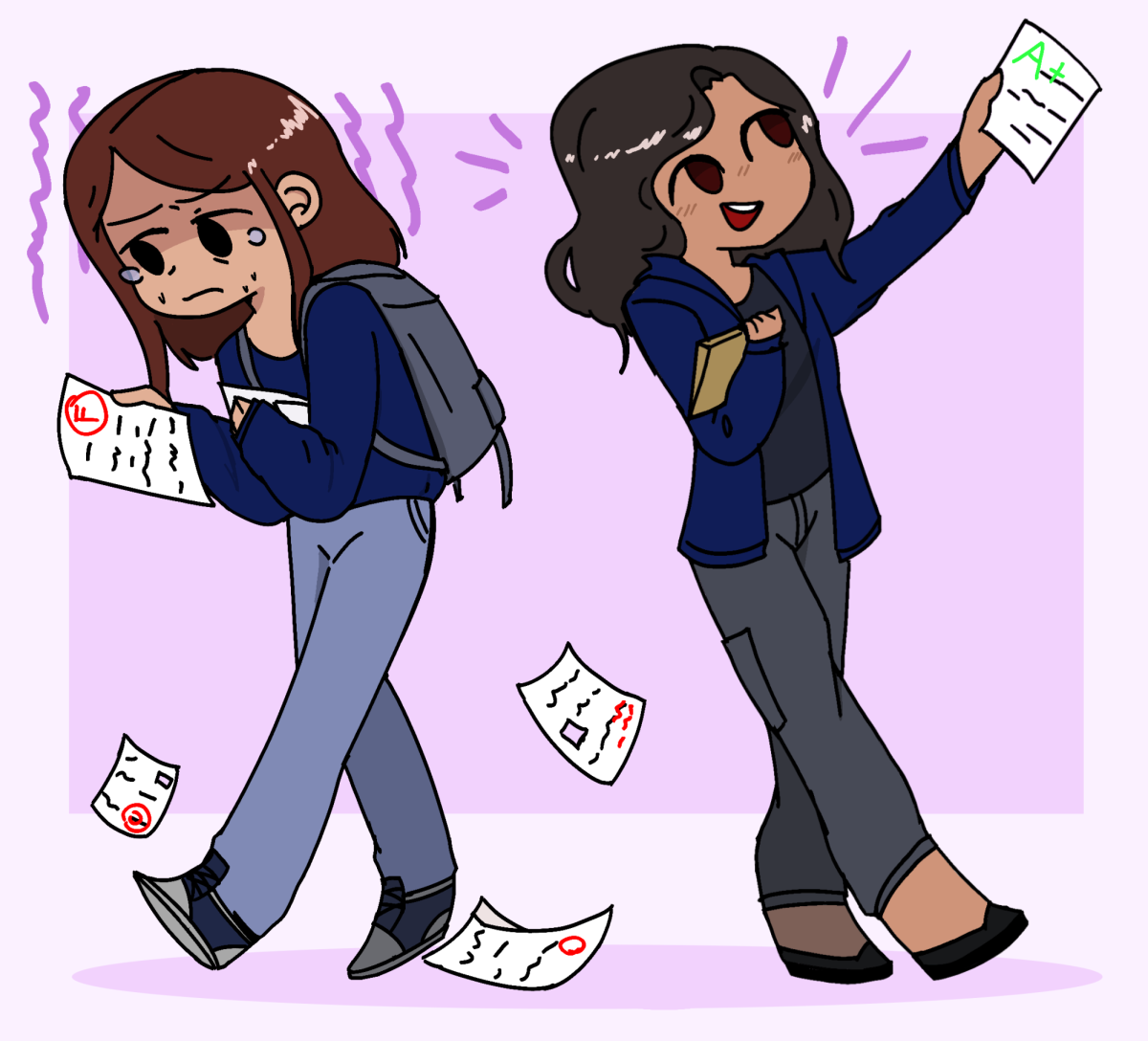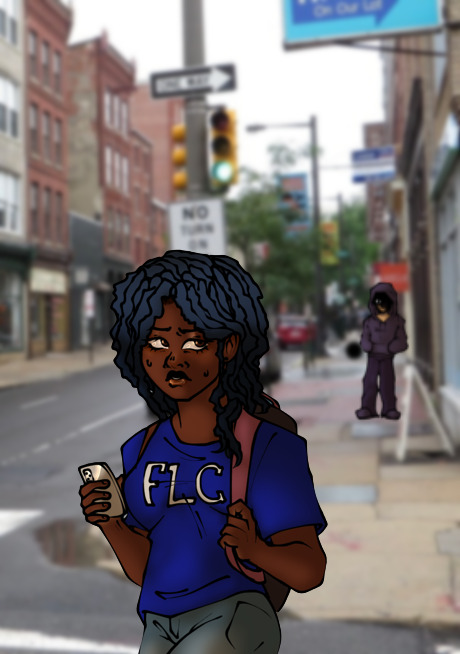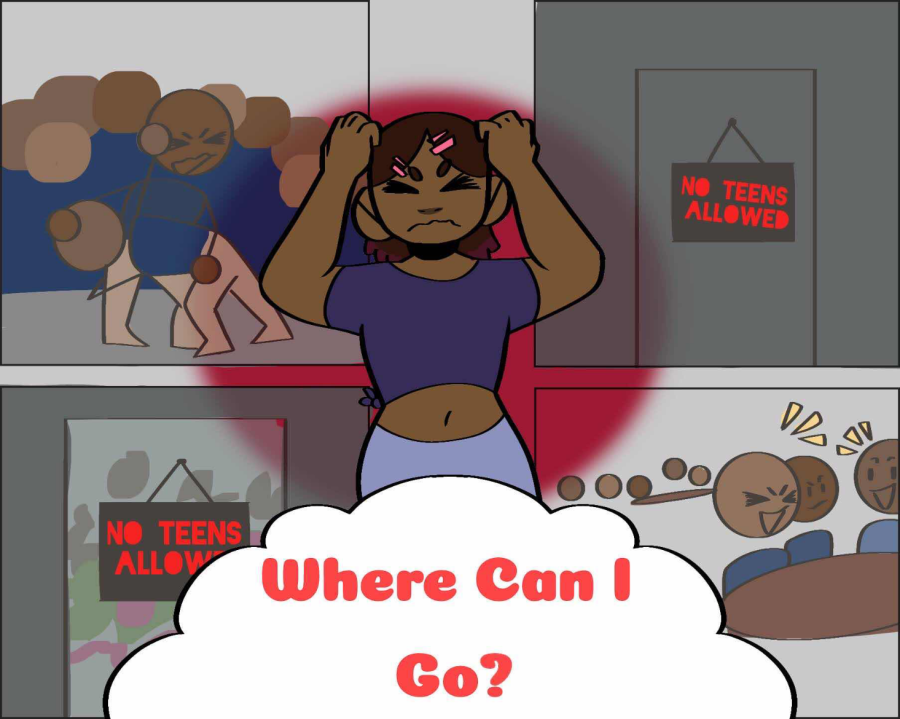Franklin Learning Center does not serve Halal food for Muslim students. Making sure that students can get lunch at school is very important. Is our school taking care of its students?
Not everyone knows what Halal food is, but students should understand the diet. The reason why FLC doesn’t serve halal food every day may be because there is some misunderstanding that Muslims can eat everything but pork. Muslim students often bring their own food from home, but not everyone has enough time to prepare food. These students often have to sit at lunch, watching their friends and other students eat while they sit hungry. Is our school being fair to Muslim students as well as students of other religions? Physical science and biology teacher Adwoa Boakye-Yiadom here at FLC expressed the opinion that it would be equitable if we were able to give Muslim students Halal food at school.
“I know that in previous schools that I’ve worked at, instead of serving pork or other types of food, they would refer to a different kind of meat for more students to be able to eat it. I don’t know for sure if [FLC] does that as well,” she said.
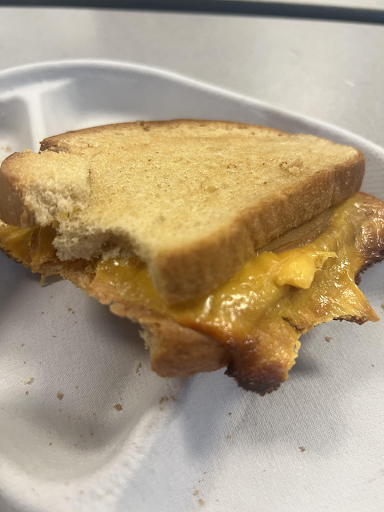
Not serving Halal food in the cafeteria shows that students in school, especially Muslim students need more attention. Muslim junior Han Ni Oo at FLC faces a problem when lunch options contain meat and cheese.
“They only serve the meat so it’s kind of difficult for me […] because I cannot eat it, so I just let it be hungry myself,” Oo said.
Accommodations for students with dietary restrictions are important. Boakye-Yiadom expresses her beliefs on school food.
“I think that the point of school, or the point of a policy, is to be equitable. It’s not that it only helps one group,” Boakye-Yiadom said. “It’s not fair to everybody else that it helps one group specifically… If everybody can eat regardless of if the food is Halal, or not, I don’t think that’s a problem.”
Halal food is based on Muslim dietary beliefs and how the meat is prepared. The fact that our school does not serve Halal food every day may not seem like an issue to some people, but the rest of the students do not have a meal to eat every day. Boakye-Yiadom addresses ignorance when a group is being discriminated against.
“However, I will caveat that I’m not sure if it’s purposeful exclusion, but I do think having this conversation can be a means for change,” She said. “So that can be remedied.”
The problem of our schools not serving Halal food will gradually become more serious if not resolved. Oo wants to inform the school by explaining how Muslim students would benefit from a Halal option.
“If they’re serving Halal food in school, the students, especially Muslim students will be able to eat the food and enjoy their food and they won’t have to suffer hunger,” Oo said.
FLC can not just serve Muslim students vegetables. They need other nutrition options like anyone else.

